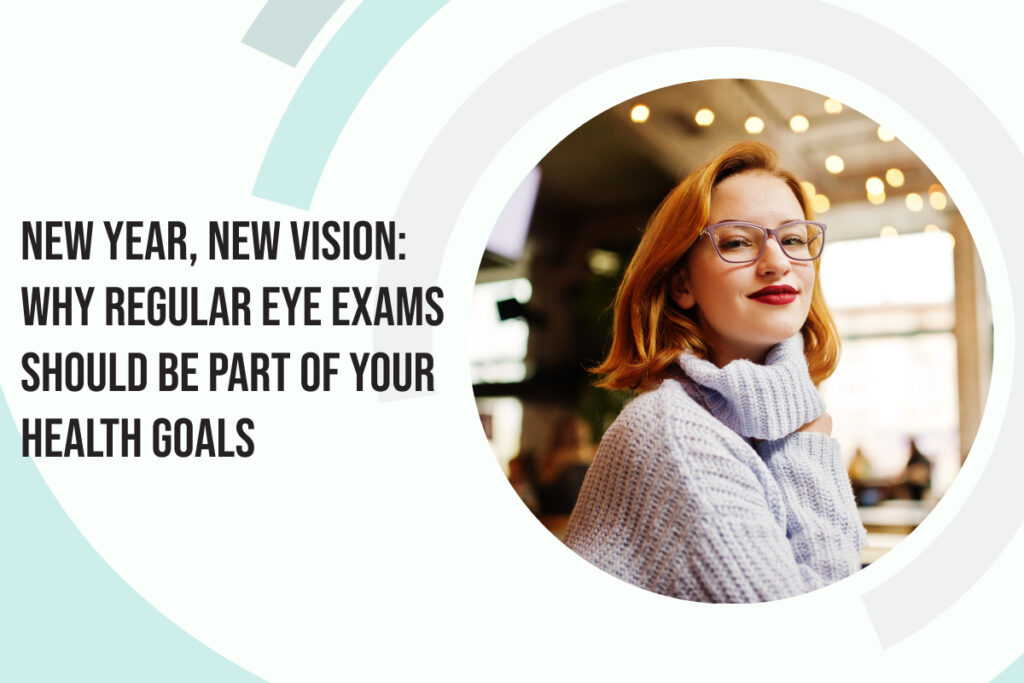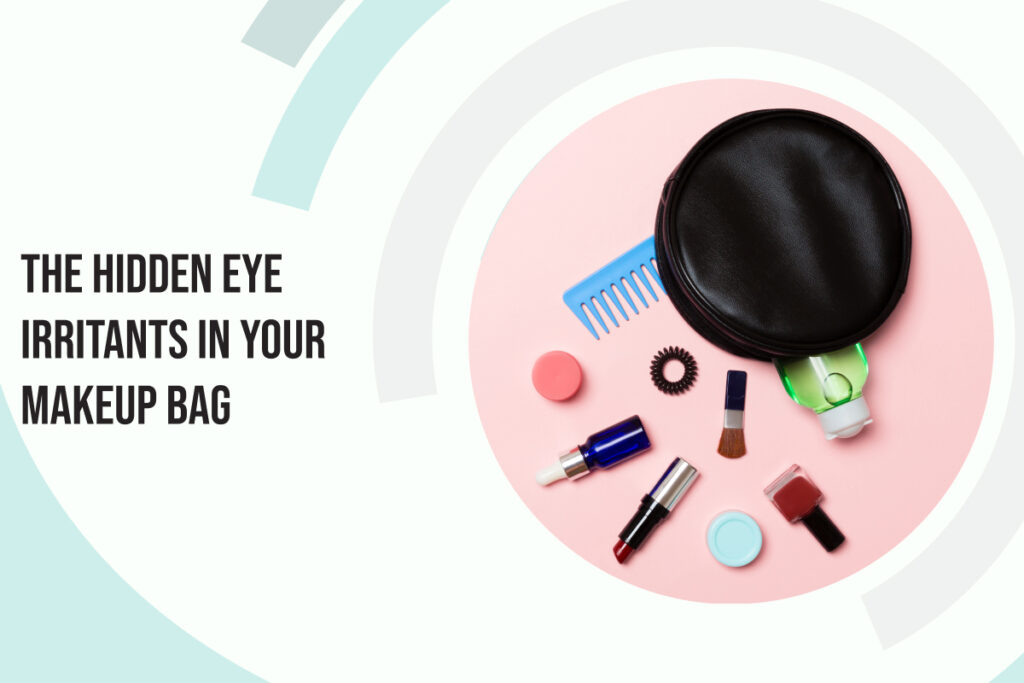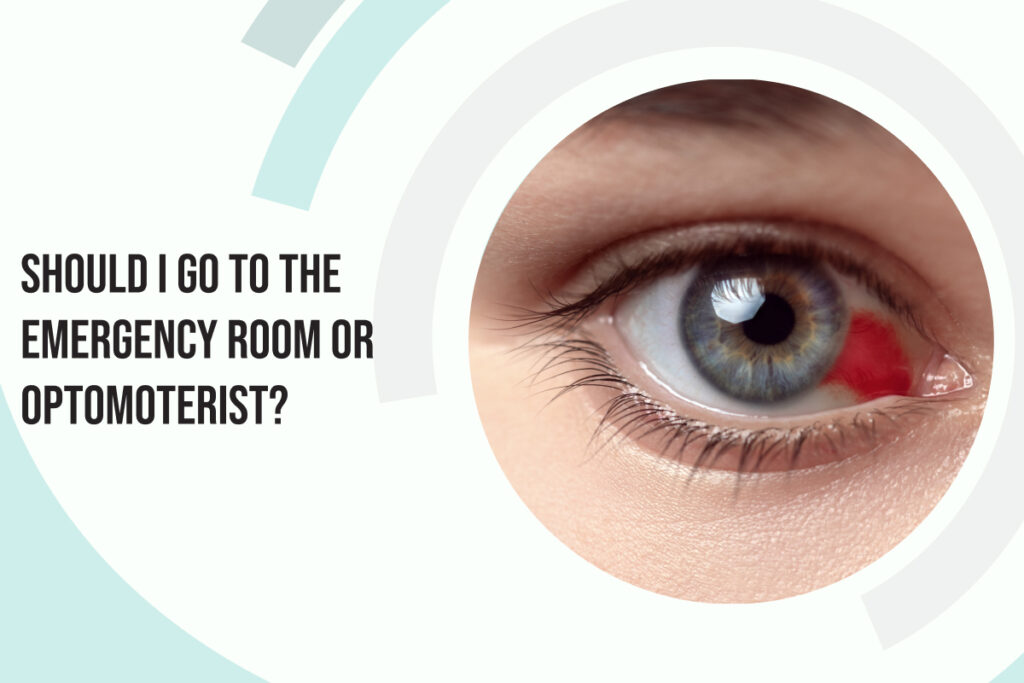Most of us have exercise routines, skincare regimes, and other healthy habits we incorporate into our lives. When it comes to eye health, we should include some healthy eye habits in our day-to-day lives. And it doesn’t have to be time-consuming. Just making a few of these changes can have a positive impact on your health!
Focus On Nutrition
Did you know our diet can have an impact on eye health? The nutrients we eat can help keep our vision strong and promote regular tear production. Omega 3 plays an important part in eye health. Eating fatty fish like tuna, salmon, and even anchovies can help you get more in your diet. You could also opt for Omega 3 rich eggs. Vitamin C is also good for eyes. Citrus and leafy greens are an easy way to incorporate more vitamin C into your diet. And the old tale about carrots being good for the eyes is true! They are rich in both vitamin A and beta-carotene.
Keep Eyes Clean
Many common eye diseases are transmitted through touch. While we are cognizant of washing our hands before eating or touching our mouths, we often don’t wash our hands before touching or rubbing our eyes. If you need to touch your eyes, always disinfect your hands. Don’t rub your eyes. This can irritate them and introduce germs into the area. You should also be careful to keep your eyes away from dirty materials. For example, make sure to wash pillowcases regularly.
Give Your Eyes A Break
These days, most of us work online, which means hours and hours of screen time, often looking at small text and numbers. This can put a serious strain on eyes and even lead to dry eyes. It’s essential to take breaks throughout the day. While working on your computer, look up every now and then and focus on something far away. Take time away from screens during your lunch and break. After work, try to take longer breaks from screens.
Protect Yourself From The Sun
The sun is fantastic, but it’s harsh on your eyes. If you are spending time outside, it’s important to protect your eyes from the sun. The easiest way to do this is by wearing sunglasses with real UV protection. Go to your optometrist and ask them about lenses that are right for you. If you regularly exercise outside, getting UV lenses that you can use while doing physical activity is essential. Whether you run, bike, or swim, eye protection options are available. Wearing a hat can also help!
Don’t Get Products Near Eyes
Many of the products we use on our face, like moisturizers or sunscreens, can be harsh on the eyes. Take care not to use them too close to your eyes or opt for gentle versions. If you wear makeup, it’s crucial you follow expiration dates on eye products. Eyeliner and mascara can both pick up bacteria. The general rule is to replace these every 90 days. If you’re worried about costs, try buying mini versions instead of full sized. If you have had an eye infection, always replace any products that touch your eyes. If you don’t, you could end up re-infecting yourself.
Get Active
Studies have found that people who are active on a regular basis are less likely to develop eye conditions than those who are more sedentary. Active people have reduced rates of cataracts, glaucoma, and even some age-related eye issues!
Know Your History
Being aware of any eye issues in your family can help you to get checked for the right things when you go to the optometrist. Many eye conditions have shown some genetic links. If someone in your direct family has a condition, it may be more likely for you to develop the same condition. Additionally, knowing and sharing any eye struggles you have had with an optometrist can help them keep an eye out for complications.
Visit The Optometrist Regularly
The best way to ensure your eye health is in peak condition and to quickly tackle any potential issues is by visiting the optometrist. Starting at the age of 18, you should see an optometrist every two years. If you are 65 or older, you should be getting annual exams. If you have children, start taking them to the optometrist between 6 and 9 months old, and continue to take them once a year. It’s also important to go to the optometrist if you ever notice a change in your vision. This could be things like blurriness, trouble seeing during certain times of day, or specks in your vision. This could indicate an underlying problem.
Incorporating these healthy eye habits into your daily life is a small investment in your long-term eye health. By doing so, you can enjoy the benefits of clear vision and reduce the risk of eye-related conditions, ultimately enhancing your overall quality of life. Remember, maintaining healthy eyes is not only about seeing well today but also ensuring clear vision tomorrow.







